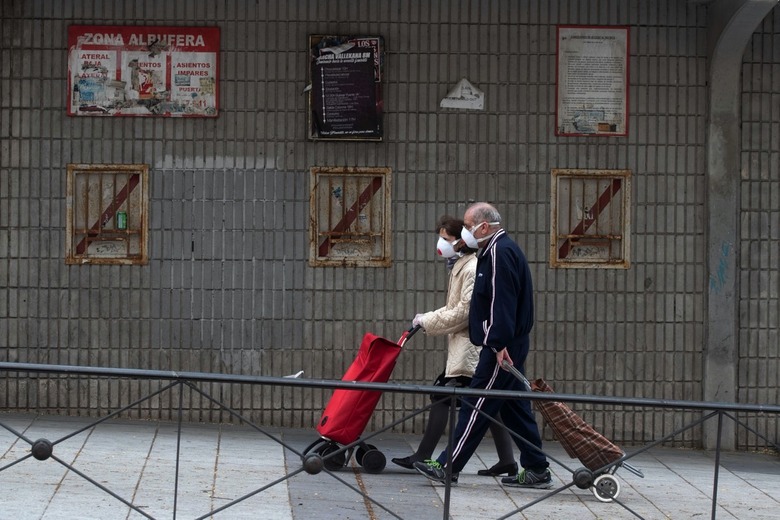Puzzling Study Detects Coronavirus In Spain Wastewater From March 2019
- A different type of coronavirus testing can help researchers determine when the novel virus arrived in a community.
- Researchers from Spain studied wastewater samples from Barcelona going back to January 2018 and found evidence of the novel coronavirus in samples from March 2019.
- The discovery is puzzling, given the characteristics of COVID-19 outbreaks. The highly contagious respiratory illness would have ravaged Barcelona several months before the Wuhan epidemic, but that did not happen.
The origins of the novel coronavirus are still a mystery, as China still hasn't revealed the source of the disease. A few weeks ago, officials from Wuhan went on record again to say the disease had not escaped from the infamous local lab, while others said the Wuhan market wasn't the place where it all started.
Separately, researchers from various countries have been able to prove that COVID-19 hit communities well before the first cases were officially confirmed by PCR tests. Doctors in France found patients that had COVID-19-like symptoms back in November 2019 and detected the virus in frozen samples from a different patient that was treated in a hospital for flu-like symptoms in late December 2019. Italian doctors said their first COVID-19 cases must have dated back to January, while other Italian researchers found coronavirus traces in wastewater from two major northern towns dating back to mid-December. US studies said the first COVID-19 patients may have been infected in late December, and that sustained community transmission had started even earlier than previous estimates. A different study that looked at mapping data for Wuhan hospitals found unusual parking lot activity in August and September of 2019.
All these pieces of evidence seem to suggest that the pandemic may have started spreading in Wuhan long before December. In fact, at the time, people in other countries were apparently already infected. But the most puzzling study to date reveals the coronavirus was present in wastewater in Barcelona, Spain dating back to March 2019.
The study was published without having been peer-reviewed in medRxiv, via ScienceAlert.
The study shows the presence of the virus in wastewater on January 15th, 2020, 41 days before the first official case was declared in Spain. This seems to be in line with findings from Italy and France. All three countries were hit hard earlier this year, with Italy and Spain being the world's COVID-19 epicenters in late February.
But the research also indicates the presence of the virus in wastewater dating back to March 12th, 2019. The scientists studied other samples from January 2018 to December 2019.
What's unusual is that there's no known outbreak of respiratory disease in Spain over that stretch. As Science Alert explains, if the novel coronavirus was indeed present in wastewater from March 2019, then it was present in the population at a high enough incidence to appear in an 800ml sample of sewage. However, the incidence wasn't high enough for the disease to be detected for nine months in an environment that had no control measures. That seems unlikely given the speed of COVID-19 spread. As we've seen in the last few weeks in several US states, the lack of control measures favors transmission. Barcelona is one of Spain's biggest cities, the host of several massive events, and a big draw for millions of tourists. The novel coronavirus would have spread with ease in March 2019 without containment measures in place.
One possible explanation for the result is the accidental contamination of the March 2019 samples during testing. Another is that the result is a false positive. Researchers tested for three genes and found a positive result for one of them, the RdRp gene. They screened for two regions of the gene, and both were detected on the 39th cycle of amplification during PCR testing. The higher the number of amplification, the less specific the result, Science Alert notes. Scientists use 40 to 45 rounds of amplification in their testing. The March 2019 sample could have contained RNA or DNA that resembled the test target after the 39th cycle.
We've seen plenty of coronavirus studies surface since December 2019. Not all of them were reviewed when they were released online, and none of their conclusions have been definitive. We've seen at least one controversial study in the past few months, as well as a couple of papers, that had to be retracted because the databases could not be verified. The wastewater study from Spain is definitely the kind of research that should be given proper vetting. We absolutely need to know whether the virus was spreading as early as March 2019.
